Inside ‘Project Sabotage’: Why the Premier League’s bottom six disagree with the rest and what comes next
A schism in English football has long been seen as inevitable, but the current situation has been an inversion of the growing divide, explains Miguel Delaney

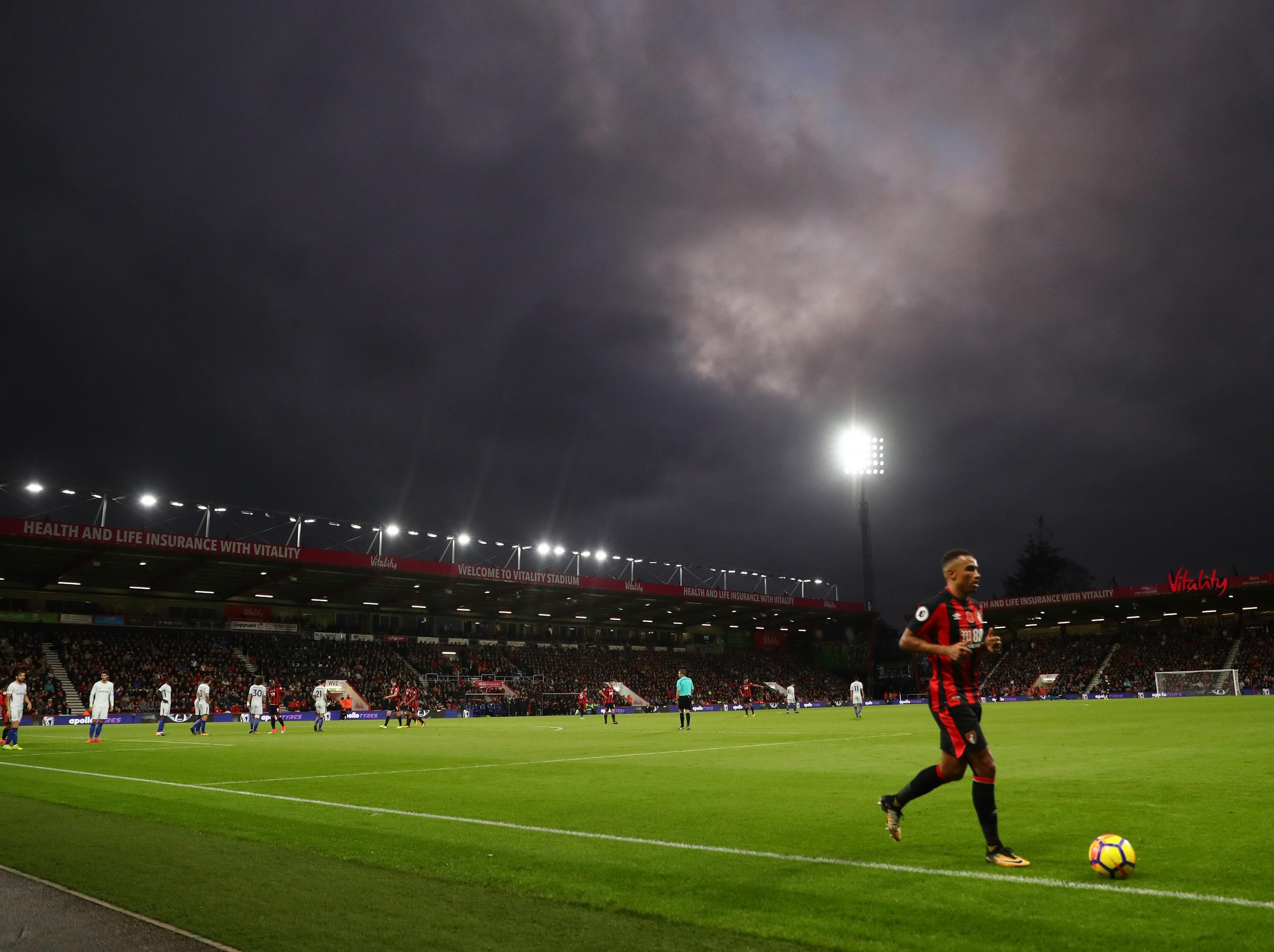
Your support helps us to tell the story
From reproductive rights to climate change to Big Tech, The Independent is on the ground when the story is developing. Whether it's investigating the financials of Elon Musk's pro-Trump PAC or producing our latest documentary, 'The A Word', which shines a light on the American women fighting for reproductive rights, we know how important it is to parse out the facts from the messaging.
At such a critical moment in US history, we need reporters on the ground. Your donation allows us to keep sending journalists to speak to both sides of the story.
The Independent is trusted by Americans across the entire political spectrum. And unlike many other quality news outlets, we choose not to lock Americans out of our reporting and analysis with paywalls. We believe quality journalism should be available to everyone, paid for by those who can afford it.
Your support makes all the difference.The split in the Premier League has now become so pronounced that some figures have a name they share for the bottom six: ‘Project Sabotage’.
It is said in jest, but there are more straight-faced questions about why exactly that bloc have taken the attitude they have. The feeling is they are objecting to absolutely everything, and not offering any alternatives, or pretty much anything else.
This is best indicated by the furore over neutral grounds.
It is seen as pointed that executives like Brighton’s Paul Barber and Aston Villa’s Christian Purslow have started to go public over this. They are still putting it out that they don’t want to give up home advantage, and would prefer to finish the season under the same conditions, even though it has been stridently and repeatedly stressed to them that just isn’t an option.
“The government have been clear,” one source says. “It’s the only way we get approval.”
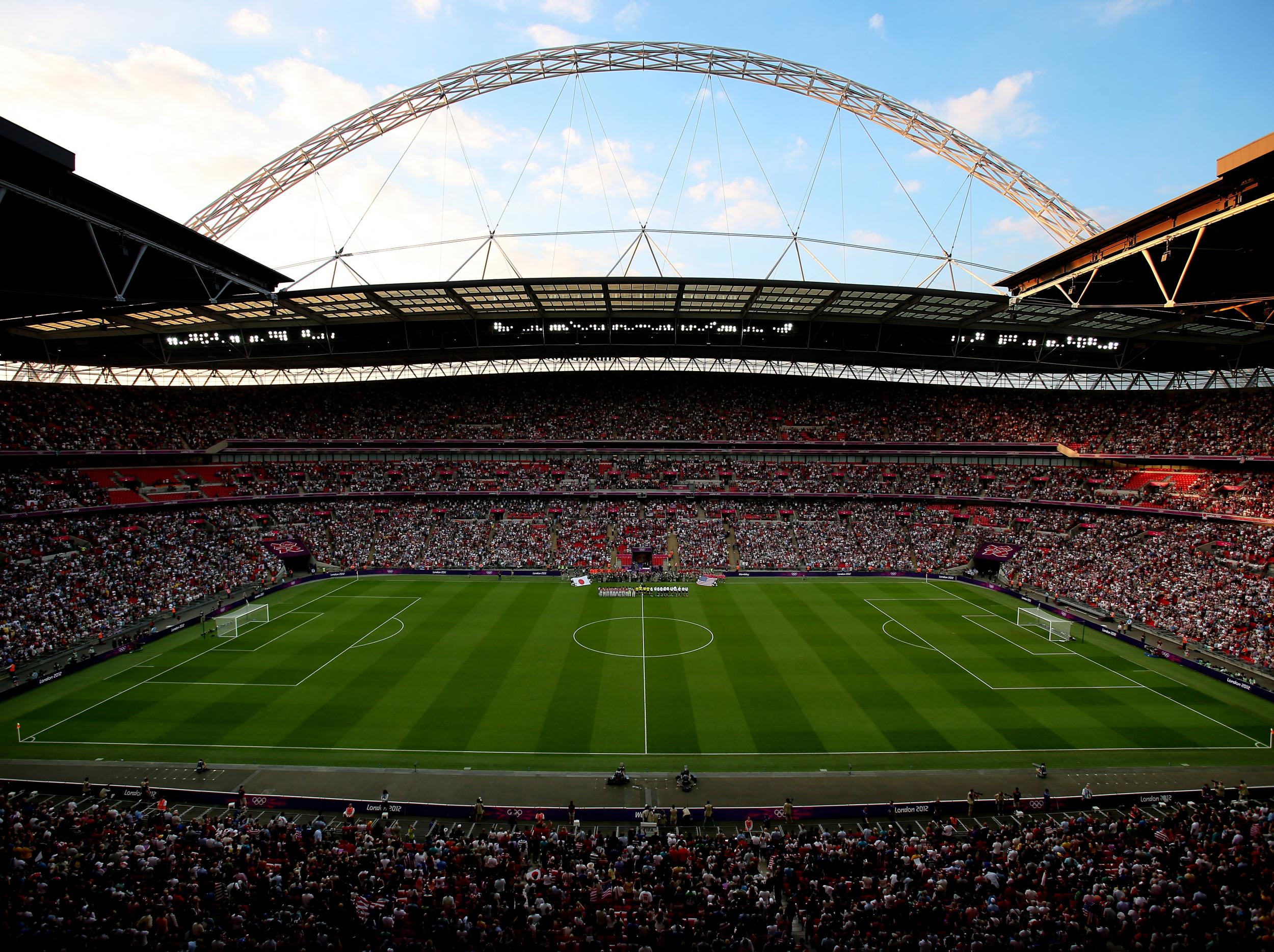
So, if there are no neutral stadiums, there’s no football and – very likely – no international broadcasting income.
Those same TV contracts are also why scrapping relegation is “totally off the table”, even though the bottom six say they would come right on board if that was the case.
This is one of the major sources of tension in this split, that is over the next few days likely to cause a lot of politicking.
On one side, there’s the huge financial cost of dropping out of the Premier League. The bottom six do have some justifiable complaints about the unfairness of potentially losing so much money because they’ve lost more games on neutral grounds that were supposed to be at home.
On the other side, there’s the greater financial cost of not playing the Premier League at all.
The fact much of the issue comes down to money has been one of the more distasteful aspects of this, but many naturally felt that was destined to happen. Just not quite like this.
A schism in English football was long seen as inevitable, but the current situation has been an inversion of the growing divide, and what was expected.
It is not the big six against the rest. It is, however, a product of that.
It is the bottom six against the rest precisely because of the upward drag created by the financial greed of the game – and the conditions that fostered a big six in the first place – and a competition they’re all just desperate to stay in. The financial gap is now too great, especially at such a time as this.
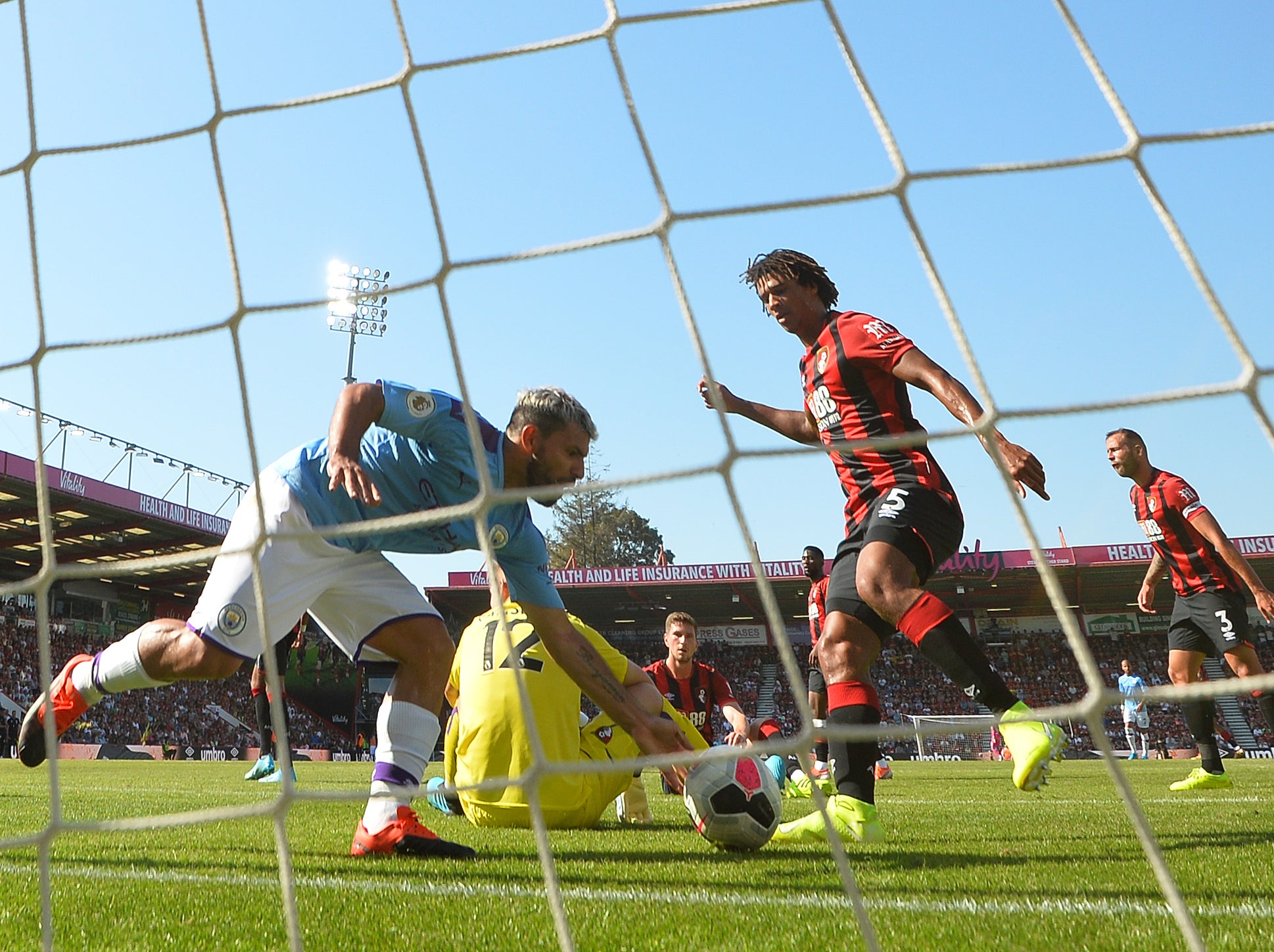
That has led to a few more quips from those in the game. “They’re all so desperate to play in the Premier League,” one source said, “that they’re willing to not play the Premier League at all.”
That was again said in jest, but may yet become a genuine consequence of all this, especially if “the six” manage to get another clubs over to their side to prevent the majority of 14 required in any vote.
It should also be acknowledged that many sources stress the will of “all 20 clubs” is to get back playing. This is something figures like Barber and Purslow have similarly re-iterated in public.
That is also why the other 14 are puzzled by so many objections.
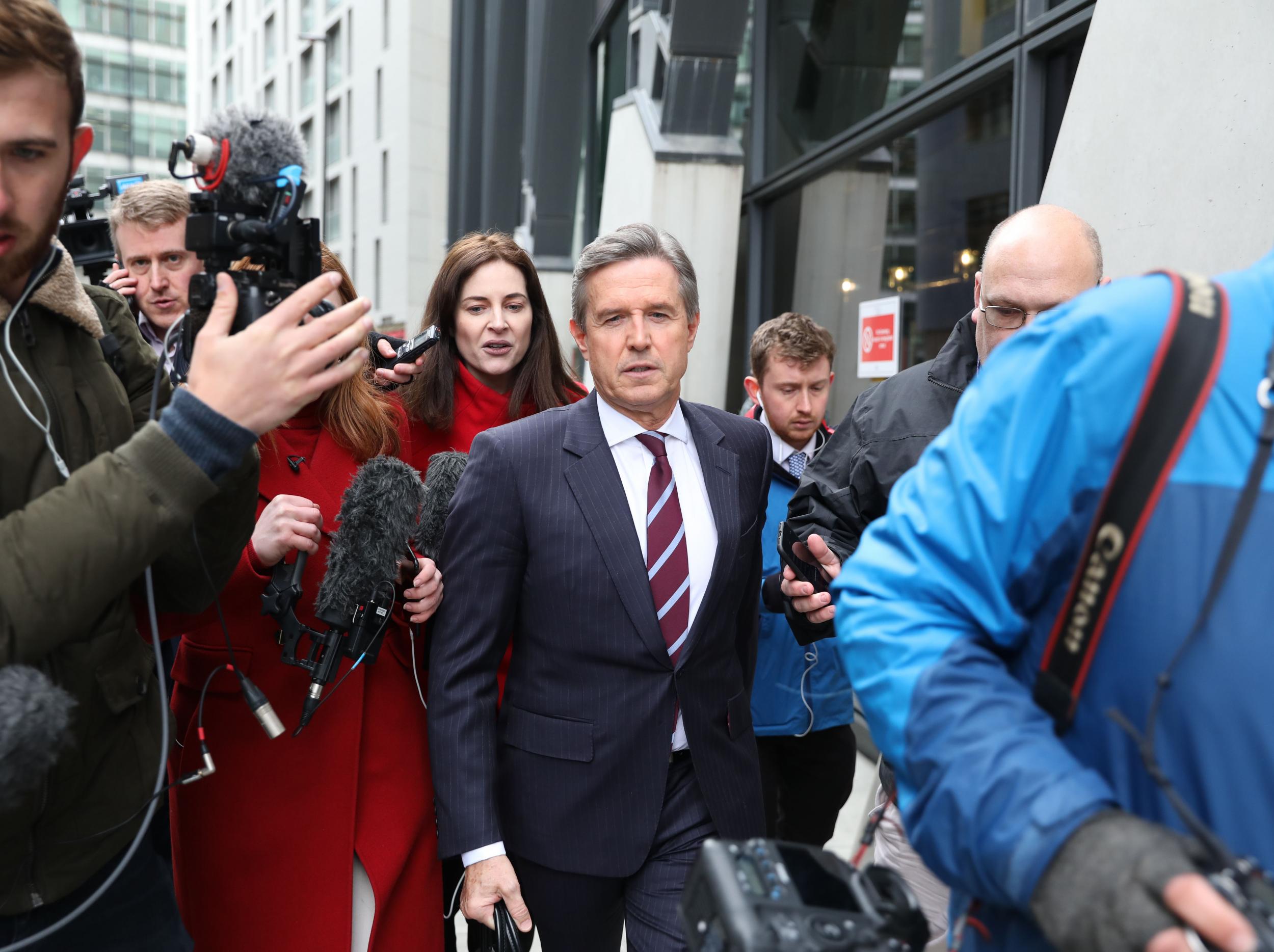
It gets to something when even government sources are saying that some of the potential Premier League protocols are so strict that, if they were generally applied to more everyday businesses across the country, “nothing would ever open”.
The Premier League itself is in a tricky position. Their role – obviously – is to run a league, but they are also merely a mediating organising body between 20 shareholders. Their role in that is similarly to find a consensus. They’d prefer not to have a vote that has as many as six clubs playing in conditions against their will.
That consensus currently looks some way off.
As one figure said in exasperation, “nobody wants neutral grounds, but it’s a pandemic!”
“If you’re using neutral grounds as your straw to clutch at, you’d have to question the motives.”
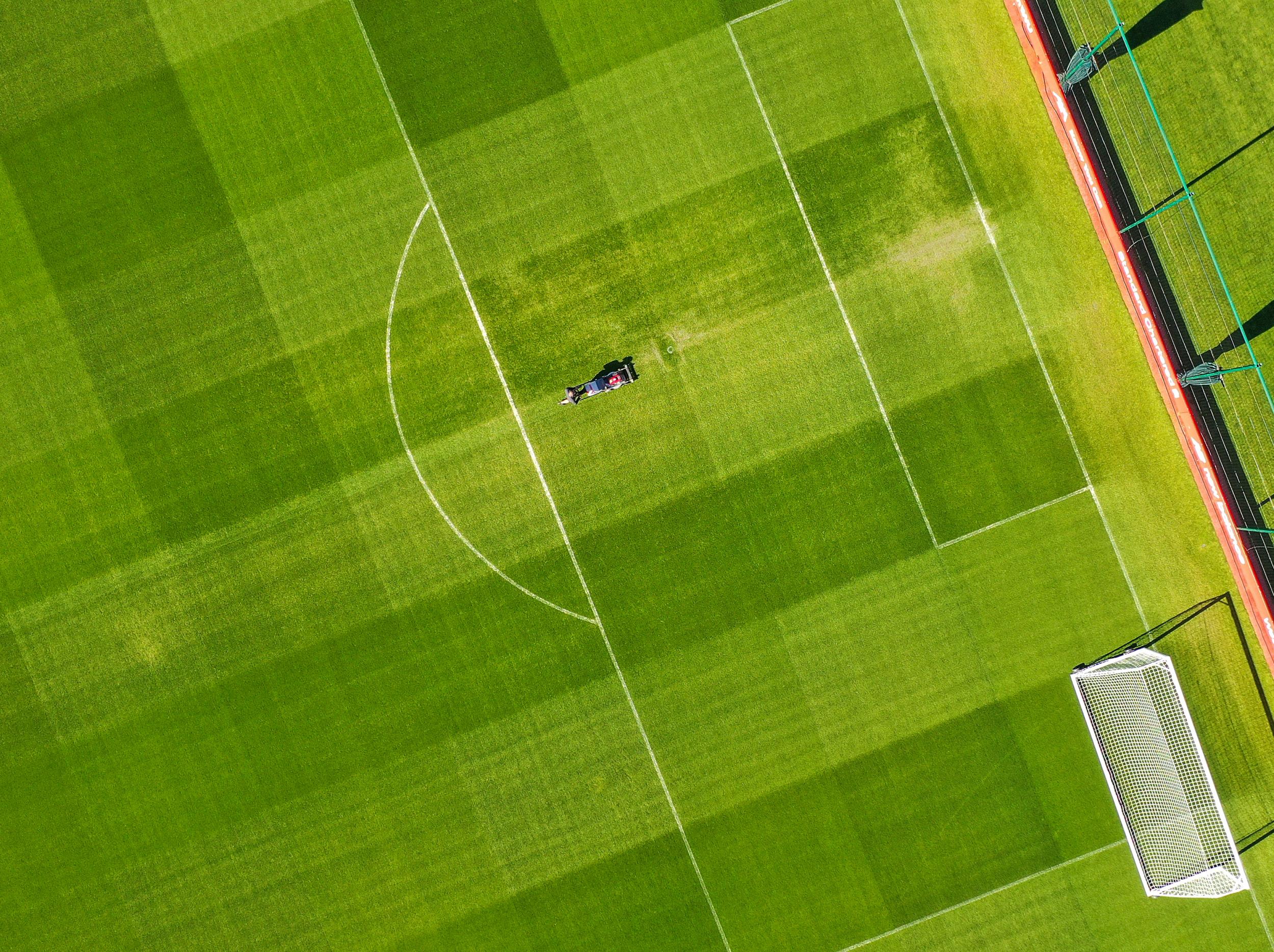
As regards those motives, many on the other side find it hard not to wonder whether this is all just an opportunity to avoid relegation.
The bottom six would again re-iterate it’s just about fairness, and sporting integrity, and that such massive outcomes should not be so conditioned by such massive sudden changes to the parameters of play.
That, again, is a view that’s difficult to dispute. It’s just that you then get down another rabbit hole of discussions about advantages, and issues like whether Brighton have actually benefitted from not playing most of the big six at home so far.
And, amid all that, there’s an even bigger issue: that greater broadcasting money, and the very perception of the Premier League.
Sources among the other 14 have used the following lines in frustration: “they getting into cutting-off-your-nose territory”; “there is a danger of killing the golden goose”.
The show must go on.
For all the accusations of greed that inevitably come from such comments, though, the concerns here are much more human. Everyday jobs and livelihoods are genuinely at stake.
The clock is ticking, especially for a massively expensive industry like football that currently has no income.
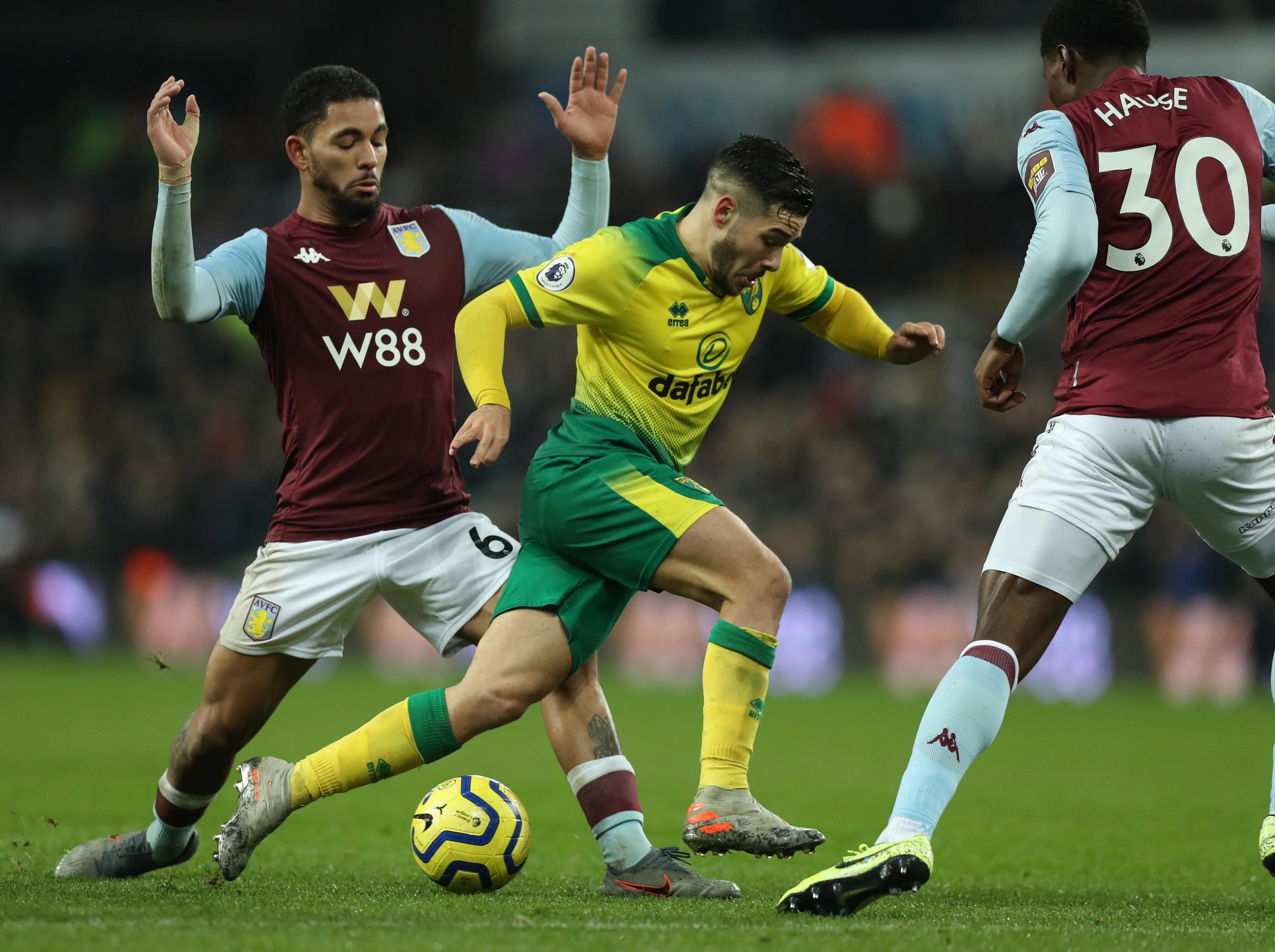
It would similarly be the financially weakest clubs – who naturally happen to mostly be the bottom clubs – at greatest risk.
“There’s a lot of back and forth but the basic truth is the industry is under massive pressure like every other and a lot of jobs are on the line.”
But some feel the clock is ticking in another way, too.
There is a belief that this is all a “big game of chicken”, and the bottom six are using what is a small window to flex their position.
It is why we could well see some horse-trading over coming weeks. Potential solutions could be greater financial compensation for those relegated in the circumstances.
“As soon as numbers start getting mentioned, you know it can be fixed with money,” one source said. “They could even sell it as the moral high ground and acting for the greater good.”
There’s then the other time constraint. Uefa’s cut-off for a decision on whether to finish leagues or curtail them is 25 May.
If there’s no resolution by then, and choices have to be made on how to decide the league, we could well see this apparent inevitability go even deeper. We may well see a split among the bottom six. The bottom three, after all, won’t want their fates decided by points-per-game or some other methodology. In those circumstances, they’d rather play.
There’s still an awful lot of discussion – and disagreement – to go before that.
Join our commenting forum
Join thought-provoking conversations, follow other Independent readers and see their replies
Comments